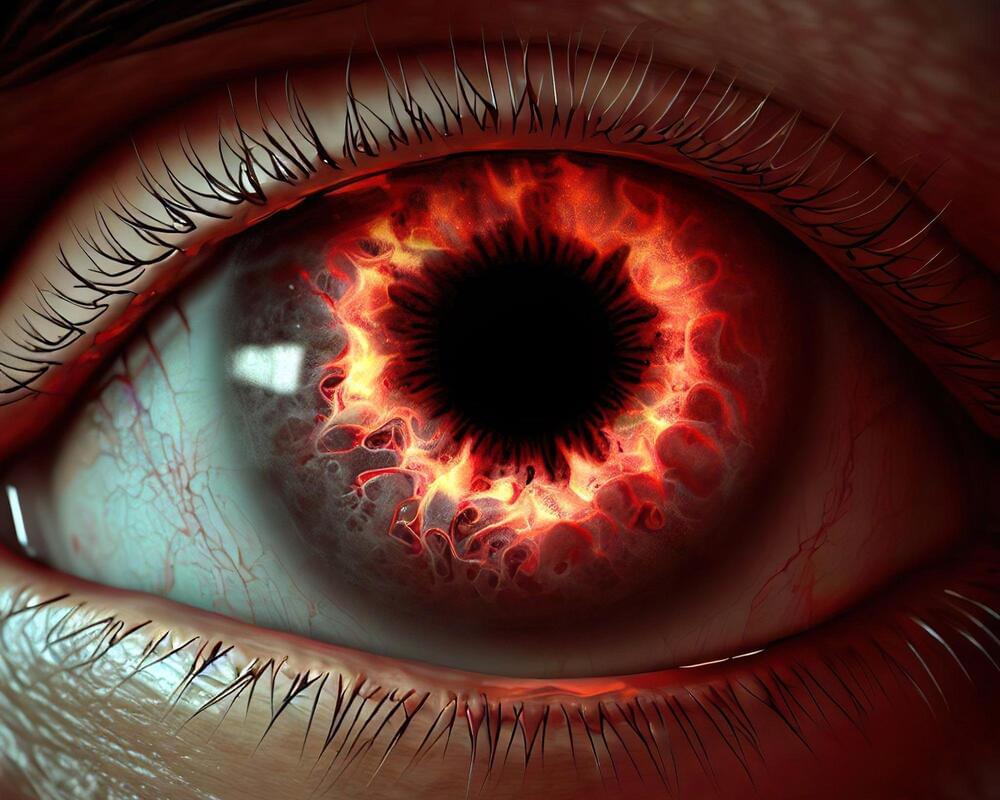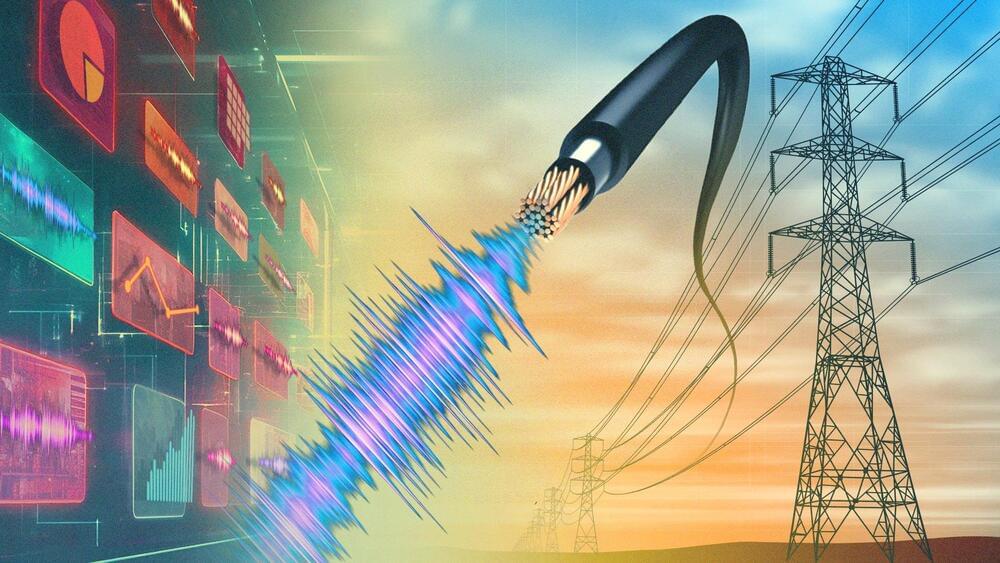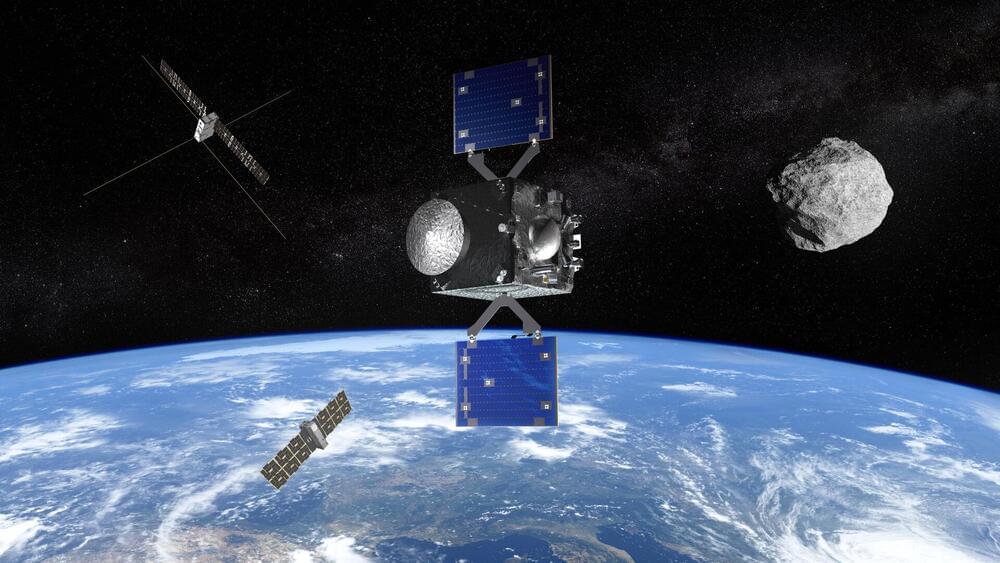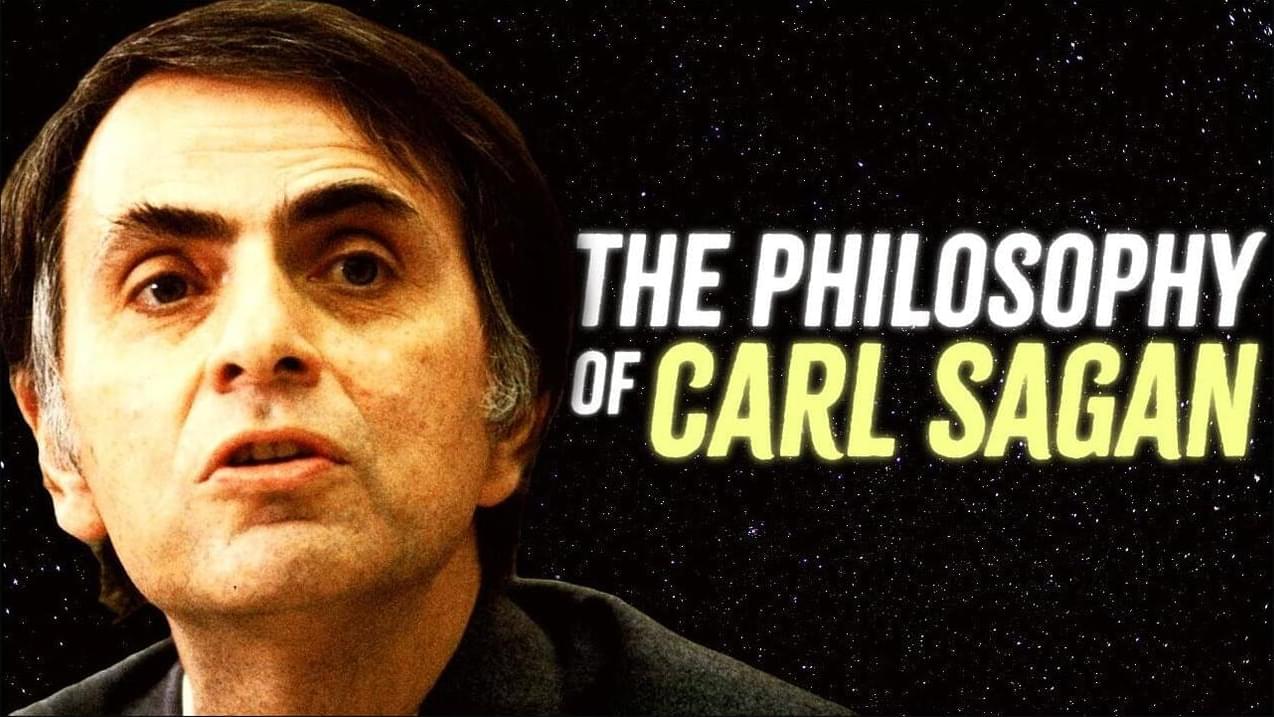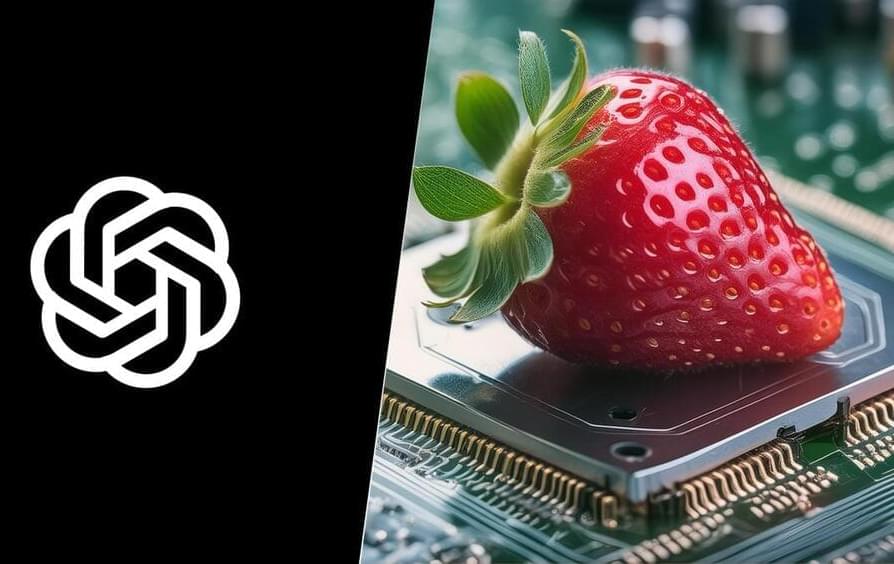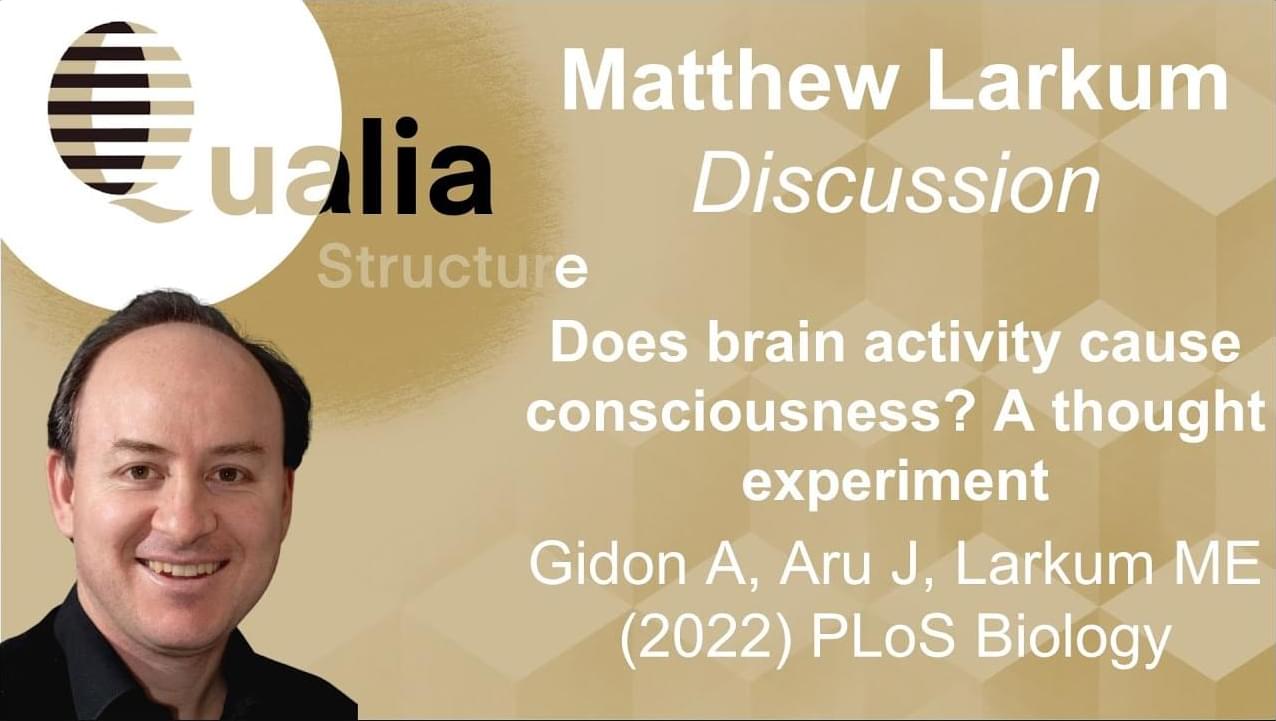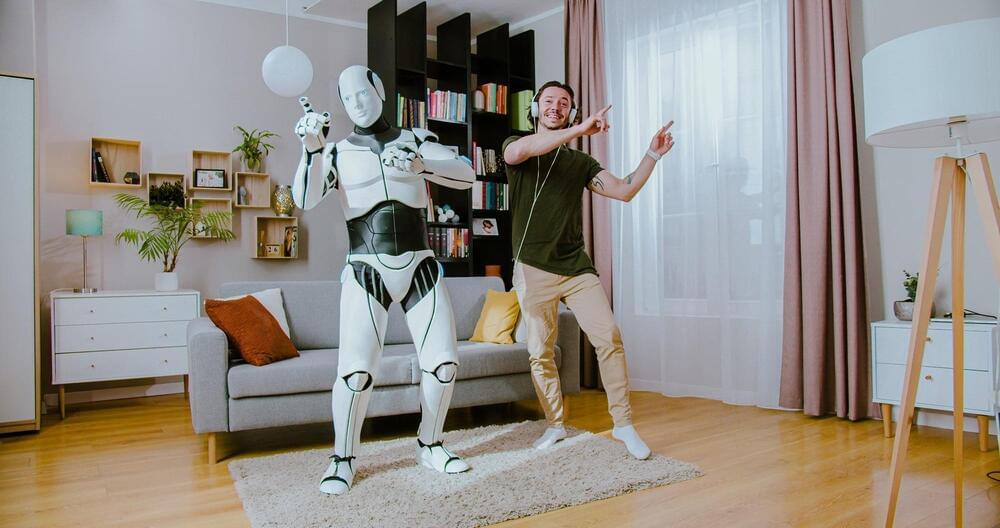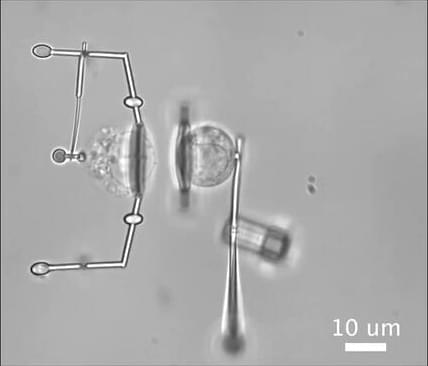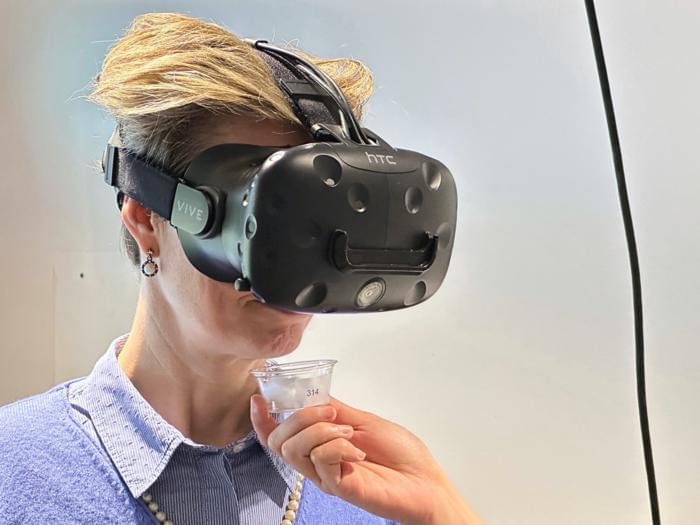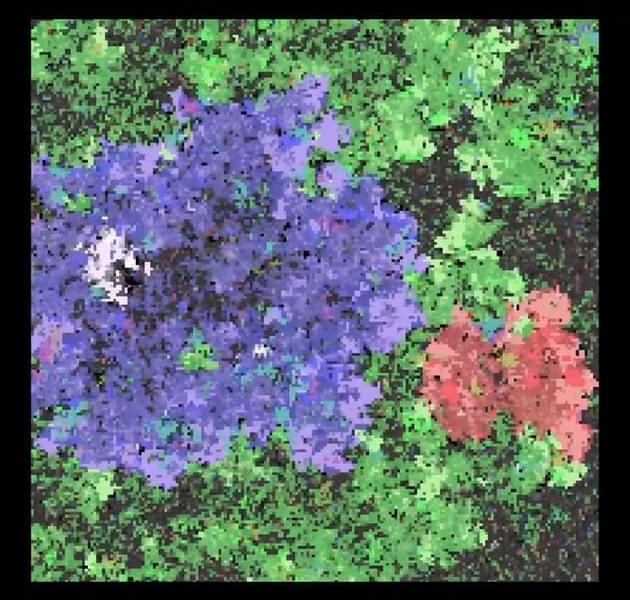Jul 17, 2024
First-of-Its-Kind Discovery: Early Macular Degeneration Signs Can Predict Vision Loss
Posted by Saúl Morales Rodriguéz in categories: biotech/medical, life extension
New findings from the University Hospital Bonn (UKB), in collaboration with the University of Bonn, have revealed that specific early alterations in patients with age-related macular degeneration (AMD) can result in noticeable local vision loss. This breakthrough could enhance the treatment and monitoring of this eye condition in elderly patients, which typically progresses to central blindness, and facilitate the testing of new treatments.
AMD mainly affects elderly people. If left untreated, the disease leads to a progressive loss of central vision, which significantly impairs everyday activities such as reading or driving. Researchers around the world are intensively searching for ways to improve the early detection and treatment of this disease before major losses occur.
A research team from the UKB Eye Clinic, in cooperation with the University of Bonn and in close collaboration with basic and clinical scientists, has specifically examined patients with early forms of AMD. The researchers focused on the so-called iRORA lesions, which are very early anatomical signs of retinal damage.
